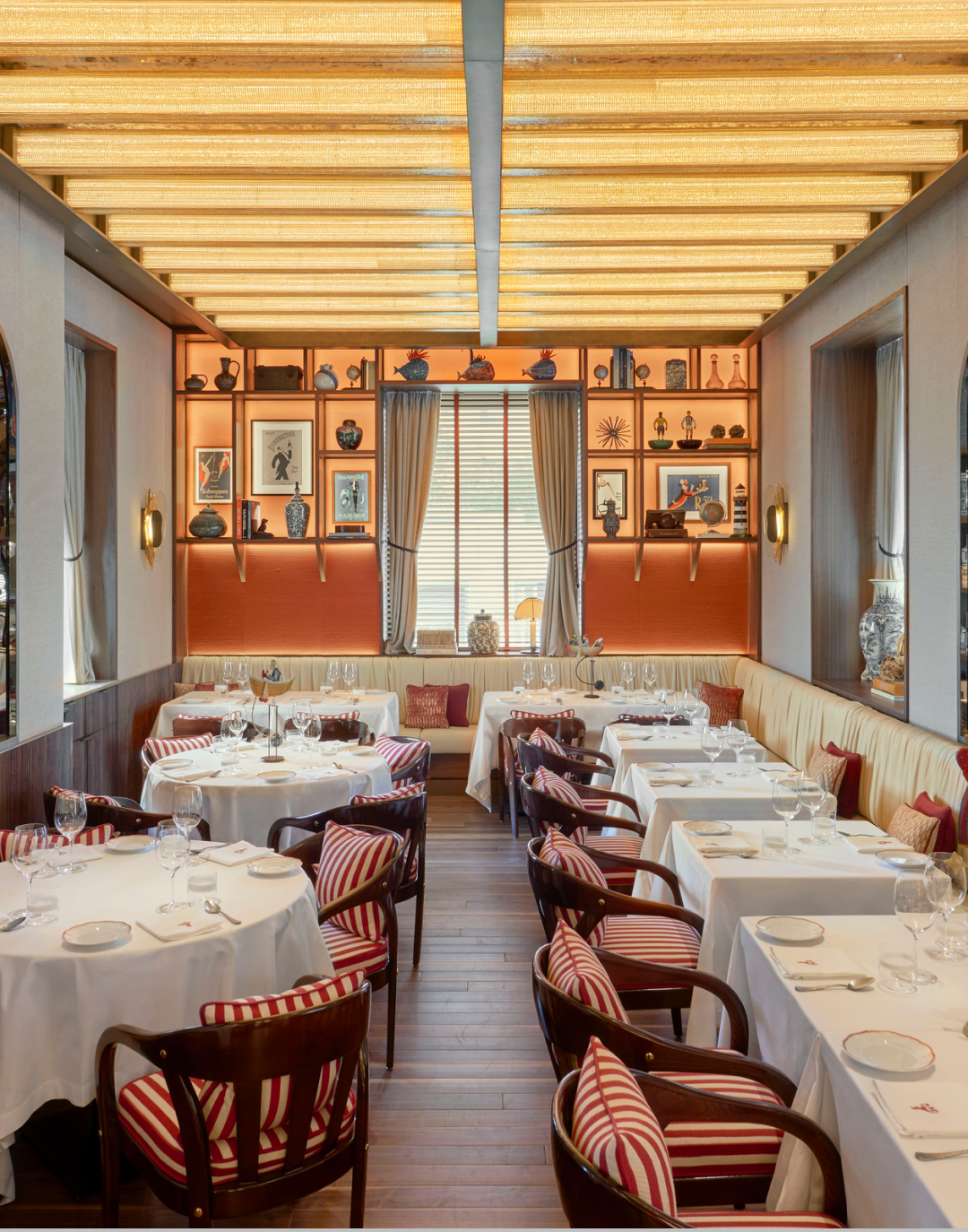
Why are Michelin stars a burden for some restaurants? This year, too, someone objected to the award
Last week marked the presentation evening of the Italian edition of the 2025 Michelin Guide, which now includes almost 400 restaurants, including fourteen with three stars. The award ceremony of the "red" – as the guide is called, in reference to the color of its cover – for the restaurant sector is a bit like the Oscars night: the recognition, in fact, is one of the industry's highest certifications, and for many professionals, earning one or more Michelin stars is a true milestone. But while the stars are associated with prestige and a guarantee of excellence internationally, some chefs and restaurateurs fear the efforts required to maintain them. Earning a Michelin star has obvious marketing and revenue returns, but at the same time, awarded restaurants subsequently face higher expectations from customers as well as suppliers, specialized press, and even their own employees. Receiving a Michelin star also contributes to changing the composition of the audience frequenting the restaurant, typically resulting in an increase in tourist flow and a decrease in regular patrons, often considered essential for the venue's sustainability. These dynamics are compounded by the broader and ongoing challenges facing the entire fine dining sector, linked to the long-term effects of the pandemic, rising operational costs, supply chain issues, and staff shortages.
Why do some restaurateurs give up their Michelin star?
Recently, the famous Giglio restaurant in Lucca announced its intention to reject the Michelin star. The owners wrote that they had communicated their decision to the guide, with the goal of returning to work without having to think about maintaining standards set by others. Their choice received various support on social media, but also some criticism from those who viewed this announcement as a way to gain publicity, anticipating a possible exclusion from the 2025 guide – which indeed happened. But this is not the first time a star has been declined: in 2017, French chef Sébastien Bras requested that his restaurant's three Michelin stars, held since 1999, be removed, citing that he was tired of the pressure they created. For similar reasons, in 2011, chef Skye Gyngell of Petersham Nurseries in London called the star rating a kind of curse. Earlier in 2003, much was said about the suicide of Bernard Loiseau, one of France's most famous chefs: his death was linked by some media to the possibility that his restaurant, La Côte d’Or, was about to lose its third star after twelve years – which ultimately did not happen.
The list of chefs and restaurants who have turned their backs on the world's most famous culinary guide does not end there: in 2018, the historic restaurant of Spanish chef Dani García closed about three weeks after receiving the third star. Although García regarded the recognition as a source of great satisfaction, he said he did not believe he had the clarity needed to maintain a three-star Michelin restaurant. «I had already reached my goal in the world of fine dining after twenty years of cooking, but that achievement could have compromised my freedom to try new things,» García told the culinary magazine Eater. This does not mean that the effects of Michelin stars are always necessarily negative: many restaurants derive great benefit from them, including increased media attention. In an extremely competitive environment like fine dining, losing a star is considered a significant setback, potentially having serious repercussions on the restaurant's revenue. The fact remains that the stars – awarded up to a maximum of three – are not an award that can be returned or requested. Inspectors, incognito, evaluate the restaurants and decide whether to include them in the guide or not; one can also just be mentioned, without receiving any stars. Each year, critics return to dine at the selected restaurants, once again in disguise, to confirm or remove previous awards. This year, all thirteen Italian three-star restaurants were reconfirmed, and Casa Perbellini 12 Apostoli in Verona, by chef Giancarlo Perbellini, was added to the list.














































